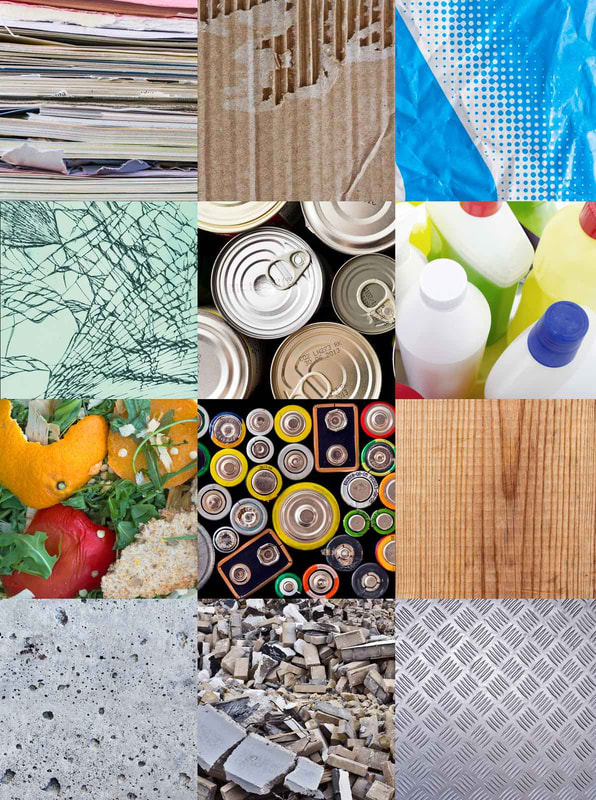|
EYFS
|
Year 5
- compare and group together everyday materials on the basis of their properties, including their hardness, solubility, transparency, conductivity (electrical and thermal), and response to magnets
- know that some materials will dissolve in liquid to form a solution, and describe how to recover a substance from a solution
- use knowledge of solids, liquids and gases to decide how mixtures might be separated, including through filtering, sieving and evaporating
- give reasons, based on evidence from comparative and fair tests, for the particular uses of everyday materials, including metals, wood and plastic
- demonstrate that dissolving, mixing and changes of state are reversible changes
- explain that some changes result in the formation of new materials, and that this kind of change is not usually reversible, including changes associated with burning and the action of acid on bicarbonate of soda
|
Key Vocabulary
|
Useful Links
|



